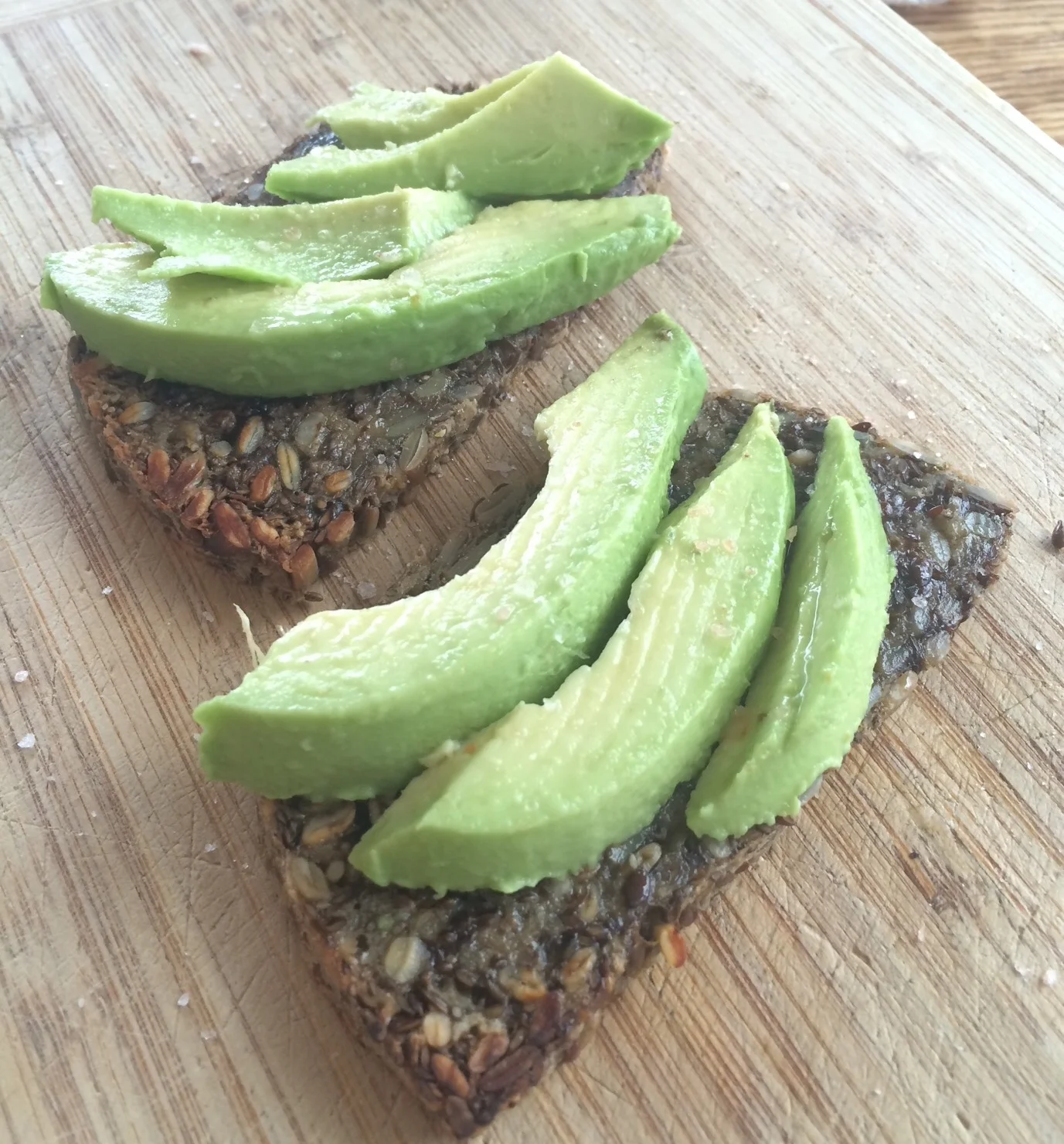How often do we set goals for ourselves? "In five weeks I'll be x weight..." "I'm going to buy this dress in a size 10 because I'll fit it next month."
Often we are so fixated on the result that we forget to think about the process. What the journey to reaching your goals might actually look like. Here at Feel Fresh Nutrition, we like to call this the “before your after”.
Media hasn't helped this phenomenon. Before pictures are juxtaposed against svelte, joyous after photos. Often with better lighting, more flattering clothes, smiling faces and hashtags designed to motivate others. #thiscouldbeyou. Except it couldn’t be, because that’s them and not you.
This may seem pretty harmless, but the thing we see time and time again working with clients is that weight loss is less about what you eat, and how much you exercise and more about your MINDSET. Our most successful clients are those with the right mindset and those who make consistent changes over a period of time. When we focus solely on the end results we can’t appreciate the positive changes we are making regardless of the outcome. I.e we create the wrong mindset.
If we buy into the before/after picture scenario, it implies that the person - or you - is less in their before. Less healthy, less happy, less worthy. Some of these things may be true, but your outward appearance actually isn’t the best judge of this. What actually matters is your health behaviours.
If you change your mindset towards health, with weight loss as a byproduct, you will undoubtedly be healthier and you will still be as worthy as a person at every stage of your journey.
The other reason thinking about weight loss as a before and after process is flawed is because it implies that we MUST have our own after picture in order for our life's work to have been a success. It also suggests - not too implicitly - that the process was easy, linear and sudden. Logically we know the person did not simply exercise for a week, eat some salad and wake up with washboard abs.
In all likelihood, their journey had more downs than ups and it was only consistency over time that led to good results. But before's and after's don't show this. What we think is most helpful is to think about what YOUR life is going to look like BEFORE your AFTER.
Is it going to be a straightforward process?
Are you never going to eat cake again?
Are you going to avoid every single social setting until you can wear that size 10 outfit or 34" jeans.
Are you going to avoid a glass of wine or beer on a Friday night with your colleagues or friends?
Or are you going to develop habits that are enjoyable and sustainable but will still get you there?
I hope you can tell from this list that at Feel Fresh Nutrition we strongly support the last statement.
We do not have to hate the process or even what our picture or context looks like 'before'. When you set goals you are working towards achieving something that is important to you. It isn't necessarily about making yourself better. You as a person, right now, are perfectly imperfect as you are.
You are not less worthy of love, especially self-love, than the person who 'appears' to have it all because they are tall and slim. You don't suddenly earn the right to be happy and love yourself when you finally get to publish the 'after' picture.
To some people this may seem like common logic. Some people know that small but consistent changes will lead to the results they want. But, because of our current culture and the dieting industries claims that we can lose “10kg in 2 weeks” some people get discouraged and proceed to indulge in self-destructive behaviours.
So it’s important to tell this message. Even if we were to give people the best nutrition plan in the world, geared towards aggressive weight loss, it’s not going to be a simple equation of "do this" to convert your before to your after.
Goals are good. They provide context and remind us of what's important. But they shouldn't come at the expense of sanity, rational thought and uplifting practises of self-respect and enjoyment. The thing about goals is that they aren't always a destination. Between where you stand now and those goals is this thing called life, and it's for living.
So what does this all mean? How do we learn to enjoy the time before the after?
If your goal is weight loss, don't weigh yourself every day. Weigh no more than once a week.
If your happiness is pinned on a number decreasing solely based on your personal relationship with gravity, don't weigh yourself at all.
When working with clients in the clinic we use weight as a reference point, but we also check body composition, energy and other factors such as improvements in hormones, acne, fertility or digestive issues. You’re not necessarily going to lose weight every single time you jump on the scales. And that’s ok. We can adjust and change your plan based on the new information we have gathered. Because really, that’s all that weight is. Information about your body.
Set yourself some non-scale barometers. We call these non scale victories. Do I have more energy? Is my skin better? Are my IBS symptoms improving? How many compliments have I received? Are my clothes looser? Is my relationship with food or myself better?
Set yourself micro goals. You aren't going to get there overnight so break up the journey. At the one month mark, regardless of your results, take yourself out for a nice lunch, massage or pampering session. Buy yourself tickets to a show or game you've been wanting to see.
Do not compare yourself to others. This is the biggest part of putting your journey into perspective. You don't know what stage someone is at on their own journey. You don't even know what their journey is. For you it might be weight loss and you resent their apparent ease with weight management. They may be grappling with anxiety or confidence or any number of things that have nothing to do with weight. Again, their worth as a person isn't less because they haven't reached their own after.
They are awesome as they are, just like you.
Thanks, from Team Feel Fresh Nutrition.
Use this link if you want to know more about our other services.
Use this link to book your consultation today.
Read our testimonials page to see what our clients say about Feel Fresh Nutrition!
Want to read another blog post - click here to head back to the start :)
Image: Julia Caesar










































